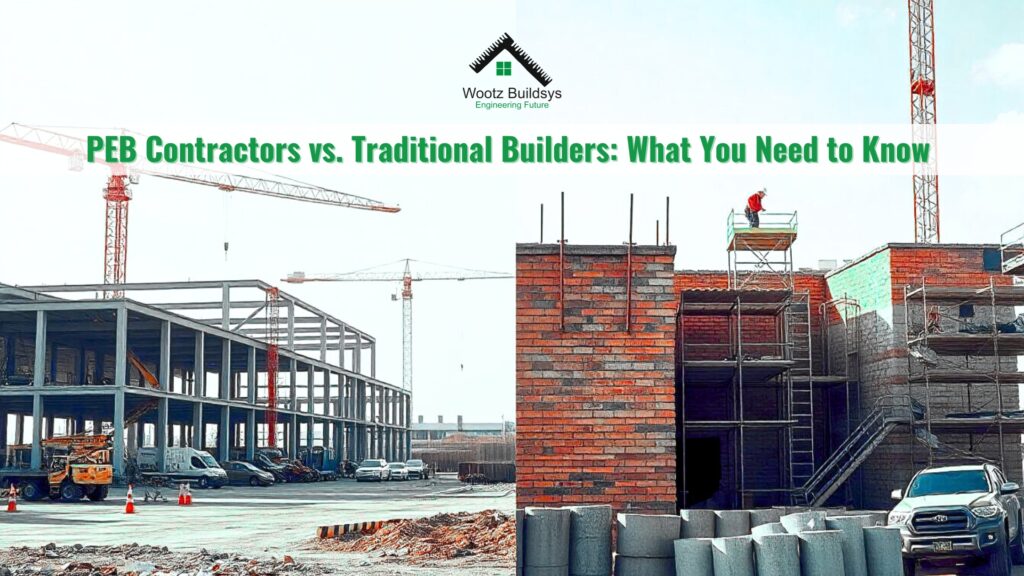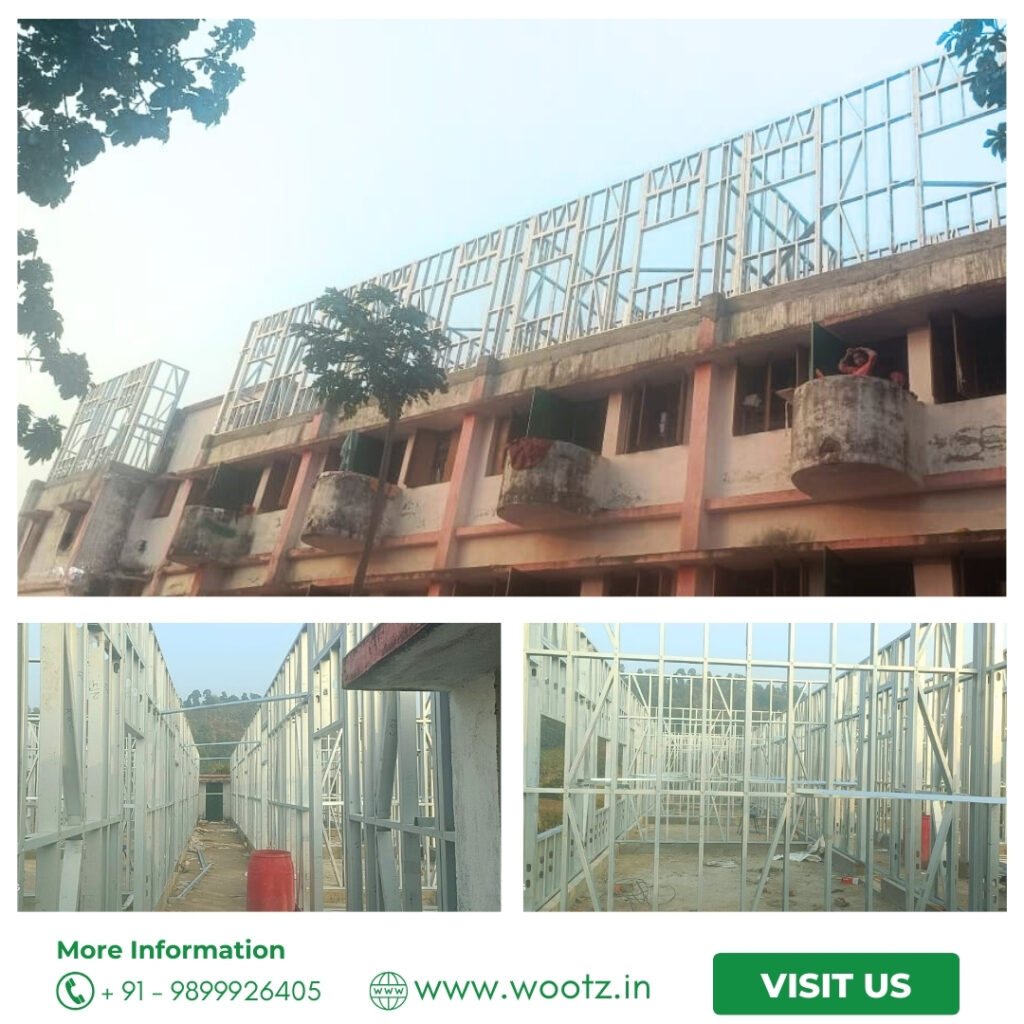
When it comes to constructing industrial buildings, warehouses, or commercial spaces, the choice between PEB (Pre-Engineered Building) contractors and traditional builders is crucial. Both methods have their unique advantages and limitations, depending on the specific requirements of the project. Here, we delve deep into the comparison to help you make an informed decision, highlighting why choosing a reliable PEB contractor could be the smarter move for modern construction.
What Are PEB Contractors?
PEB contractors specialize in constructing pre-engineered buildings. These structures are pre-designed and fabricated in a controlled environment, allowing for quick assembly on-site. Components such as steel frames, roof panels, and beams are manufactured off-site and then transported to the construction location for erection. PEBs are especially popular in industrial and commercial applications due to their efficiency and cost-effectiveness.
Key Differences Between PEB Contractors and Traditional Builders
1. Construction Speed
- PEB Contractors: With pre-fabricated components, PEB contractors significantly reduce construction timelines. Projects can be completed in a matter of weeks instead of months.
- Traditional Builders: Traditional construction is time-consuming due to the step-by-step process of laying the foundation, building walls, and roofing.
2. Cost Efficiency
- PEB Contractors: Pre-engineered buildings are cost-effective because of optimized material usage, reduced labor costs, and shorter construction periods.
- Traditional Builders: Conventional construction methods often lead to material wastage and higher labor costs, making it less economical.
3. Durability and Strength
- PEB Contractors: PEB structures are engineered to withstand harsh weather conditions, earthquakes, and heavy loads. They’re highly durable and low-maintenance.
- Traditional Builders: Traditional buildings are also strong but may require frequent maintenance, particularly for roofing and walls.
4. Flexibility in Design
- PEB Contractors: Pre-engineered buildings offer flexibility in design, making it easier to expand or modify the structure as needed.
- Traditional Builders: While traditional methods allow for intricate designs, modifications to an existing structure can be challenging and costly.
5. Sustainability
- PEB Contractors: Using recyclable materials like steel, PEB construction is environmentally friendly. The process generates less waste and has a smaller carbon footprint.
- Traditional Builders: Traditional construction generates more waste and has a higher environmental impact due to the use of non-recyclable materials.

Advantages of Hiring PEB Contractors
- Faster Project Completion: PEB contractors can help businesses get their facilities up and running in record time.
- Lower Costs: Reduced construction costs and minimal material wastage make PEBs an economical choice.
- Customizable Solutions: PEB contractors can tailor structures to specific business needs, whether it’s for a warehouse, showroom, or factory.
- Energy Efficiency: PEB structures are often designed to optimize natural light and ventilation, reducing energy costs.
- High Scalability: Expanding a pre-engineered building is simple, making it ideal for growing businesses.
Choosing the Right PEB Contractor
To ensure a successful project, select a reputable PEB contractor with experience in your industry. Here are some tips:
- Check Portfolio: Review their past projects to gauge their expertise.
- Understand Their Process: A good contractor will clearly explain the pre-engineering process and offer a realistic timeline.
- Look for Certification: Ensure the contractor complies with industry standards and certifications.
- Evaluate Customer Reviews: Testimonials and reviews can provide insight into their reliability and quality of work.
Conclusion
Choosing between PEB contractors and traditional builders depends on the project’s nature, timeline, and budget. For industrial and commercial spaces, PEB contractors offer unmatched efficiency, cost savings, and durability. Traditional builders remain a strong choice for projects prioritizing customization and aesthetics. By understanding these differences, you can select the construction method that best aligns with your goals.
Frequently Asked Questions (FAQs)
1. What is a PEB contractor?
A PEB contractor specializes in designing, fabricating, and assembling pre-engineered buildings, typically used for industrial and commercial purposes.
2. Are PEBs more cost-effective than traditional buildings?
Yes, pre-engineered buildings are generally more cost-effective due to reduced material wastage, quicker construction times, and lower labor costs.
3. Can PEB structures be customized?
Absolutely. PEB contractors offer customizable solutions to meet specific business requirements.
4. Do PEBs have any limitations?
PEBs may not be ideal for highly intricate or ornate architectural designs typically required in residential or heritage projects.
slot gacor toto slot rtp slot rtp slot paito hk data hk situs slot slot gacor slot gacor monperatoto toto slot bandar togel monperatoto situs togel situs toto rtp slot situs slot slot gacor toto slot monperatoto monperatoto slot gacor link slot gacor toto slot situs slot toto slot cabe4d situs slot toto macau toto togel toto macau toto togel you dog suck my dig toto slot situs slot slot resmi situs slot situs gacor bandar togel cabe4d rimbatoto rimbatoto toto togel toto togel situs toto situs toto situs slot situs toto slot gacor jacktoto


